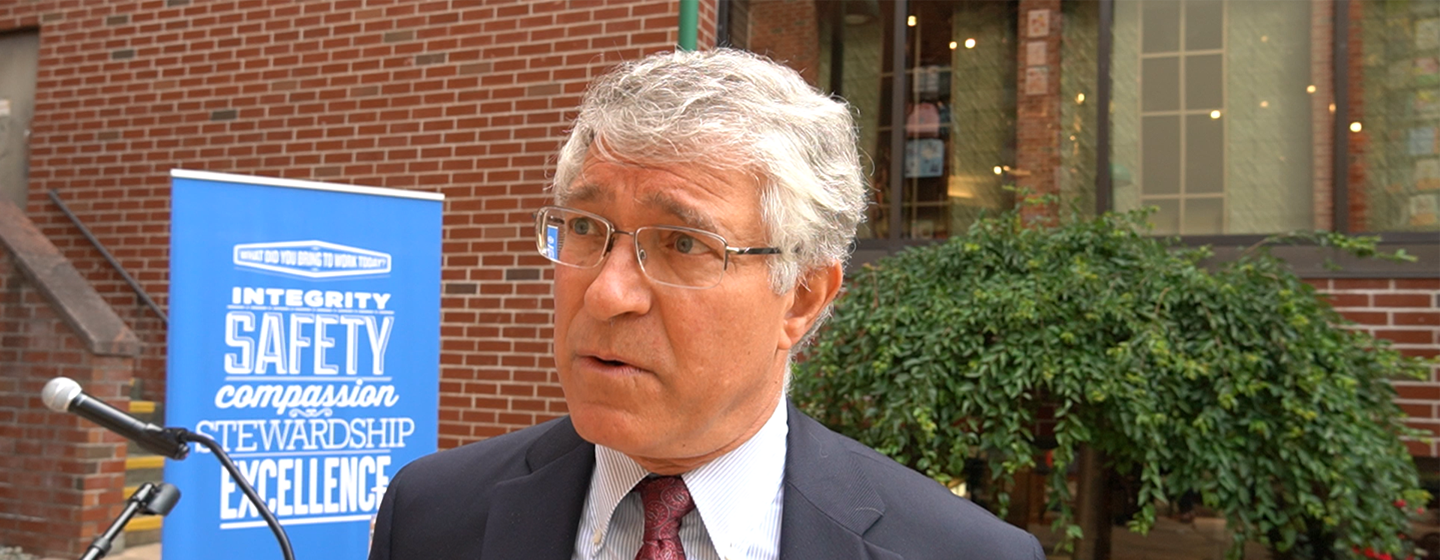NY Lawmakers Seek Ways to Connect Mental Health & Addiction Treatment

NY Lawmakers Seek Ways to Connect Mental Health & Addiction Treatment
The chair of the state Assembly Committee on Alcoholism and Drug Abuse is working on legislation to better coordinate services for people in need of help for mental health and drug-related issues.
Assemblyman Phil Steck, D-Schenectady, led a hearing on those issues last month, and said Friday that while there is some overlap, the proposed solution discussed in June isn’t one he’s fond of.
“There was a proposal to merge [the Office of Addiction Services and Supports] and the Office of Mental Health. Generally speaking, I’m not a fan of creating a bigger bureaucracy. I’ve never seen that helpful in the history of government,” Steck said.
“I think OASAS as an institution is extremely responsive to the community that it serves, but it is our task to satisfy those who feel not enough is done to make sure that people who have substance abuse problems and have co-occurring mental disorders, get the mental health treatment.”
Part of the conversation during last month’s hearing related to the newly created Opioid Settlement Fund, which is designed to divert any funds from litigation involving opioid companies toward addiction services, prevention, and treatment.
That legislation, recently signed by Gov. Andrew Cuomo, prohibits the state from using those funds for an unrelated purpose.
Just this week, New York Attorney General Letitia James announced a $1.1 billion settlement involving three drug distributors. That was part of a larger, global settlement with opioid manufacturers and distributors valued at $26 billion.
While Steck supported the settlement fund, and believes that the money will ultimately be used for the right purpose, he said that, strictly speaking, there is no such thing as a fully locked box.
“You can never say never. There is a constitutional principle that you can’t bind future legislatures, so you can’t pass a law saying that in two years a new legislature, or a new governor, couldn’t go in a different direction,” Steck said.
As far as his solution for the overlapping issues of mental health and drug addiction, Steck said it’s still in the early stages.
“We’re working on legislation that’s gonna change the parameters for how that’s done,” Steck said. “We’re still working on it.”
Related:

Legislators Discuss Mental Health and Addiction
State lawmakers heard testimony on Monday on how New York could integrate services from the Office of Addiction Services and the Office of Mental Health.


